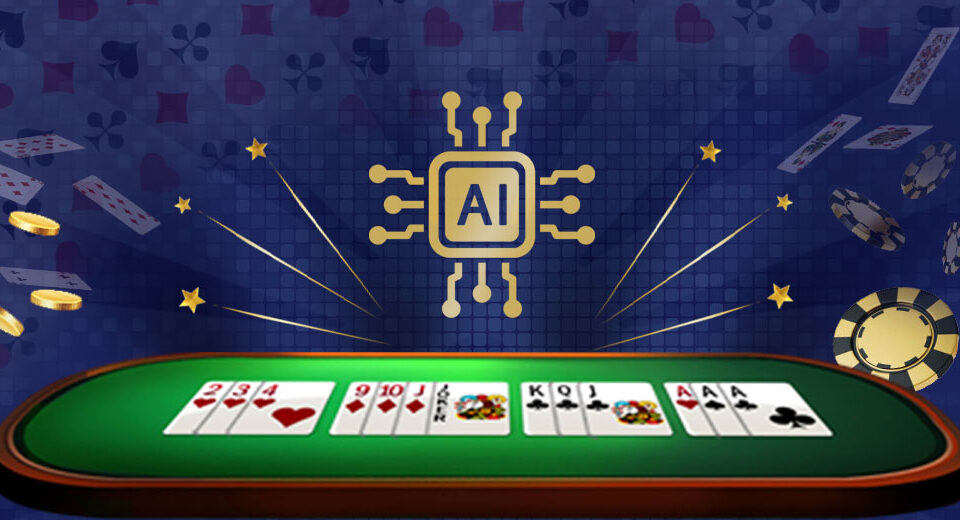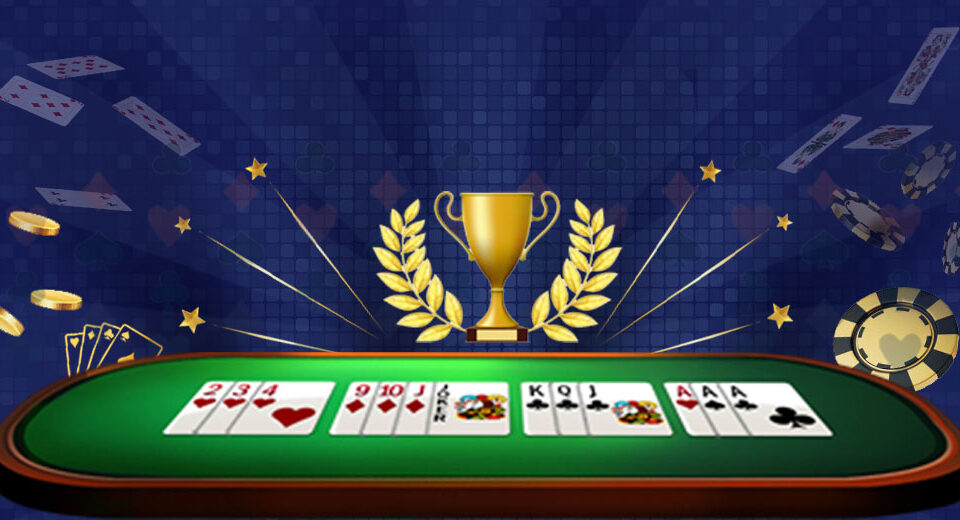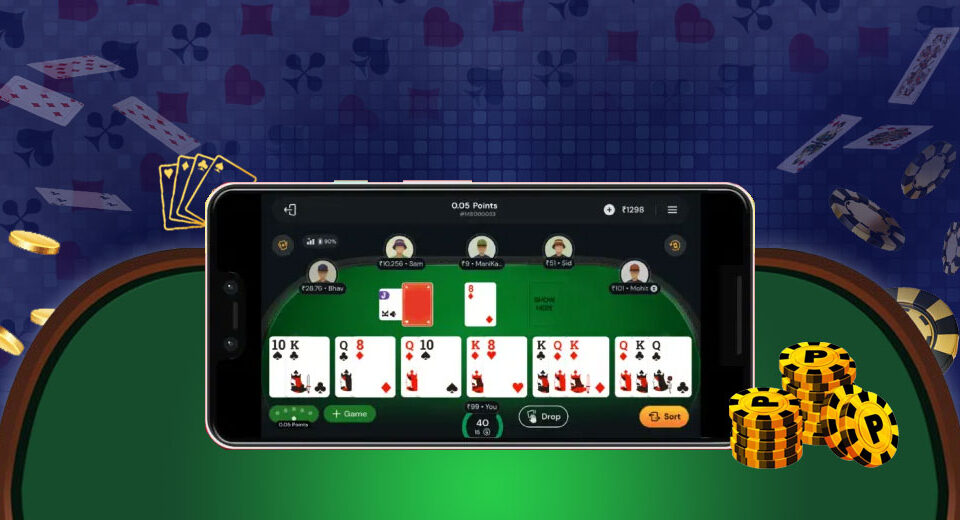Rummy vs Poker: Which One Requires More Skill?
Rummy and poker are two of the most popular card games in the world. While both involve strategy, decision-making, and mental sharpness, they are fundamentally different in structure, objectives, and play style. One of the most debated questions among players of both games is which one requires more skill. Some argue that poker’s psychological complexity gives it the edge, but a closer look at the structure of the Indian rummy card game reveals a different story. With its strict rules, dependence on memory, and sequence-based gameplay, Indian rummy presents a more precise and methodical test of skill. Compared to poker’s speculative nature, rummy often rewards discipline and consistent strategic planning.
This article explores the key skill elements in rummy and poker, comparing the cognitive demands, strategic thinking, and adaptability required to master each—while highlighting why Indian rummy stands out as the more skill-intensive game.
1. Game Objective and Complexity
Rummy is based on forming valid sequences and sets using logic, observation, and card arrangement. It has a fixed objective: to meld cards into valid combinations before your opponent does. With every move, players must adapt to an evolving situation while adhering to strict format rules. This demands constant attention and mental agility.
Poker, especially variants like Texas Hold’em, involves betting, bluffing, and multiple rounds of decision-making with community and hidden cards. While the element of unpredictability adds excitement, it also means that outcomes are sometimes less influenced by skill and more by variables outside a player's control. In contrast, Indian rummy rules demand precision, leaving little room for randomness.
2. Memory and Pattern Recognition
In Indian rummy, players must remember discarded cards, track opponents’ moves, and recall previous rounds to assess potential hands. Memory plays a major role in predicting outcomes and making high-level decisions. Professionals often attribute their success to sharp memory and quick recall.
Poker leans more toward reading psychological cues and understanding betting behavior. While useful, it doesn't require the same level of ongoing card memory. Rummy, therefore, places greater demand on short-term and long-term memory faculties.
3. Risk Management and Decision Making
Rummy offers risk within a structured framework. Decisions like whether to drop, retain high-value cards, or use jokers strategically must all be calculated with point management in mind. These decisions are grounded in logic and timing, not just gut feeling.
Poker revolves around betting and bluffing, with risks often influenced by players’ instincts and reading of opponents. While this does involve skill, the variance introduced by betting dynamics can dilute the impact of technical decision-making.
4. Consistency and Skill Over Time
Indian rummy online players often show high win rates over time, a strong indicator of skill-based gameplay. The rules do not change, and the win depends entirely on how well you analyze, adapt, and act. This consistency allows seasoned players to hone their skills and steadily improve.
In poker, even top professionals face long stretches of losses due to unpredictability. Skill does matter, but outcomes can swing heavily because of chance-driven elements. Rummy’s format offers a more reliable platform for consistent success through skill alone.
5. Structure vs Speculation
Rummy operates on a clear, objective structure—what constitutes a win is not open to interpretation. You either have a valid hand or you don’t. This forces players to be methodical, plan multiple moves ahead, and consider card flow very carefully.
Poker’s speculative nature introduces a level of abstraction, where players often rely on incomplete information and must guess or bluff their way to success. While exciting, it introduces greater variance and reduces the game’s skill-centric reliability.
Conclusion – In the world of cards, poker may bluff its way to a win, but rummy rewards those who think, remember, and play with strategy.
Both rummy and poker involve intelligence, experience, and strategy, but when comparing the two, Indian rummy emerges as the more structured and skill-driven game. Its reliance on memory, precision, pattern recognition, and disciplined execution sets it apart as a more mentally demanding format. Poker’s charm lies in its unpredictability and psychological intrigue, but Indian rummy online games challenge players to excel within a consistently logical and demanding framework.
If you’re looking for a card game that consistently rewards effort, practice, and cognitive growth, “Indian rummy is where skill truly shines”.




